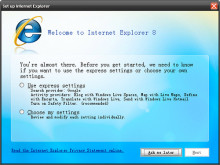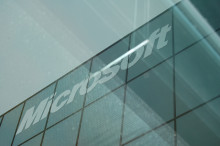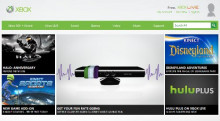Microsoft talks more about Xbox 360 account security
Today has been named as Safer Internet Day. On this occasion Microsoft has decided to take some time to talk to Xbox 360 owners and Xbox Live subscribers about how the company is trying to handle reports of Xbox Live accounts being highjacked. It's an issue that Microsoft and a number of Xbox Live users have been dealing with a lot lately. So far, Microsoft has insisted that the Xbox Live service itself has not been attacked and has blamed the account hijackings on phishing scams and other methods.













































































